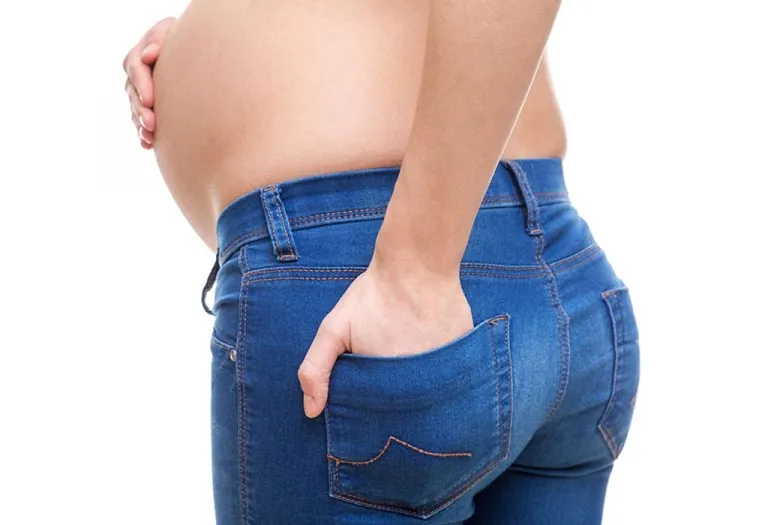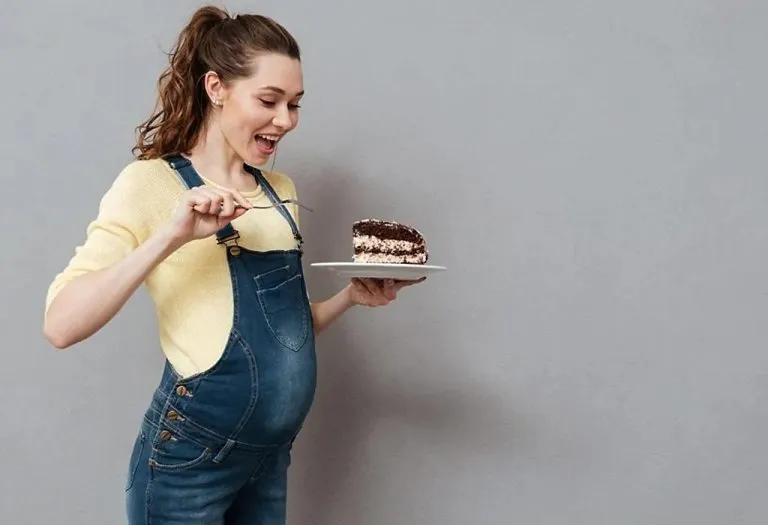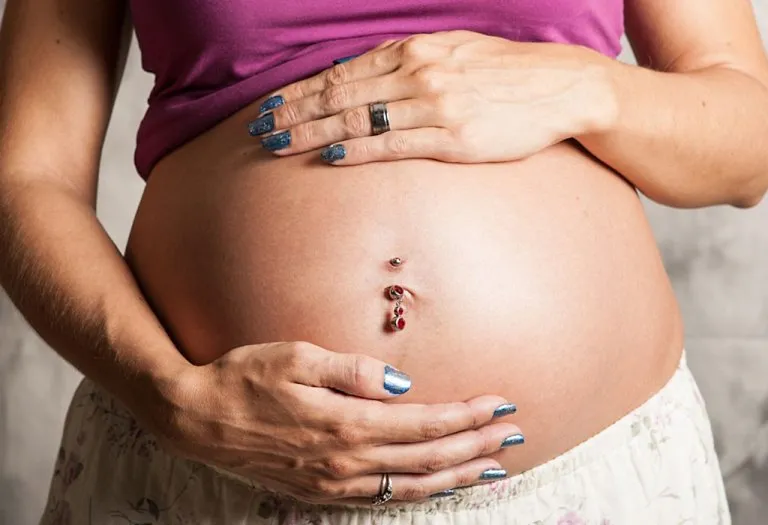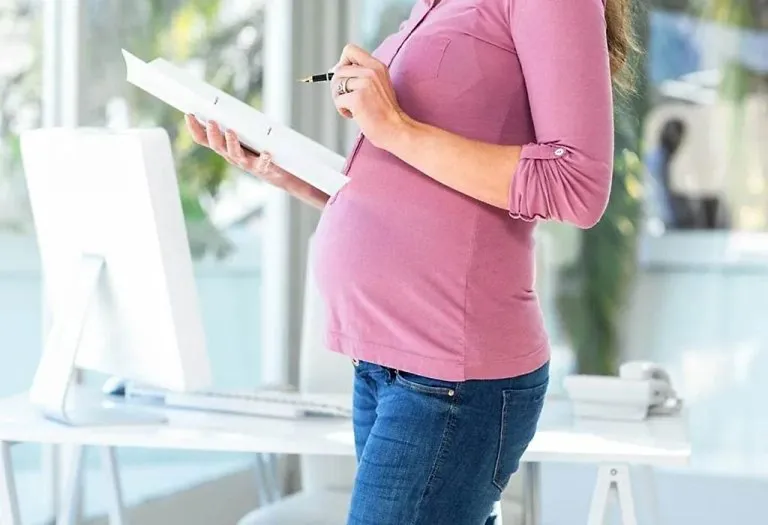Is It Safe to Drink Coffee During Pregnancy?
Drink coffee during pregnancy safely understand caffeine limits possible risks and tips to protect your growing baby

- Can Pregnant Women Drink Coffee?
- How Much Coffee Can You Consume During Pregnancy?
- Are There Any Benefits of Drinking Coffee When Pregnant?
- Side Effects of Coffee While Pregnant
- What Are the Other Drinks That Contain Caffeine?
- Safe Alternative to Coffee While Pregnant
- FAQs
If you’re someone who needs a cup (or two) of coffee the moment you get up in the morning and during the day to keep you functioning, you must be dreading the thought of giving it up now that you are pregnant. Pregnancy brings about a lot of changes in a woman’s body, yes, but it also brings about a lot of changes in her diet. If caffeine keeps you going through the day, you must be wondering if you can have coffee during pregnancy. Too much consumption of coffee while pregnant is not good for the mother and the baby. Let’s understand why that may be!
Can Pregnant Women Drink Coffee?
Excessive consumption of coffee can increase the concentration of caffeine and polyphenols in the body. As the breakdown time for caffeine in the body is longer during pregnancy, the chances of it reaching the unborn baby are higher. Caffeine passes from mother to the growing baby through the placenta. The organs in a growing baby are still in the developing stage and processing of caffeine by the baby’s body can be delayed which could cause side-effects.
Caffeine can indeed be harmful during pregnancy. But does a pregnant woman need to give it completely? Maybe not!
How Much Coffee Can You Consume During Pregnancy?

The American College of Obstetricians and Gynaecologists recommends that the amount of coffee allowed during pregnancy is 200 milligrams (mg) per day. This means two standard cups of coffee, each about 100 ml. Larger mugs will mean more coffee, so the capacity of the mug should also be taken into consideration (1).
| Types of Coffee | Portion | Average Caffeine Amount (mg) |
| Instant coffee | 8 ounces/ 1 cup (250 ml) | 76 |
| Filtered coffee | 8 ounces/ 1 cup (250 ml) | 179 |
| Decaffeinated coffee | 8 ounces/ 1 cup (250 ml) | 3-15 |
| Brewed coffee | 8 ounces/ 1 cup (250 ml) | 137 |
Are There Any Benefits of Drinking Coffee When Pregnant?
While there may be no benefits of drinking coffee while pregnant, some studies indicate that consuming small to moderate amounts of caffeine might lower the risk of gestational diabetes, especially when consumed during the second trimester. This is because of caffeine’s influence on glucose metabolism, which may help the body process sugars more effectively. However, it’s essential to balance this with the advised caffeine limit during pregnancy to avoid risks to the baby’s health (2).
Side Effects of Coffee While Pregnant
While moderate intake may be considered safe for many, excessive caffeine can affect both the mother and the developing baby. Few of the side effects include (3):
- Risk of Miscarriage and Preterm Birth: Some studies have found an association between high caffeine intake and an increased risk of miscarriage or preterm birth. While research is ongoing, it’s thought that high caffeine levels may affect the blood flow to the placenta, impacting fetal development (4).
- Low Birth Weight: Caffeine can restrict blood flow and oxygen delivery to the fetus, which can lead to lower birth weight.
- Cardiovascular toxicity: In an unborn baby, caffeine can cause an increase in the heart rate, arrhythmia, or irregular heartbeat.
- Growth Retardation: Caffeine can cause an adverse impact on the developing brain of the baby which in turn can affect the growth (5).
- Carcinogenic: High amount of caffeine can lead to cancer in the foetus.
- Anaemia: Anaemia is a condition in which there is a deficiency of red cells or haemoglobin in the blood. Caffeine may reduce the iron absorption capacity from food to body and can cause health risk during pregnancy (6).
What Are the Other Drinks That Contain Caffeine?
Caffeine is not only found in coffee but in other drinks as well. Below mentioned is the list, which illustrates caffeinated foods and their content (3) (7).
- Tea: Any type of tea such as green tea, iced tea, or lemon tea contains a small amount of caffeine. Pregnant women can have tea but in small portions. It contains a good amount of antioxidants which can be good for health but too much consumption of caffeine should be avoided.
- Chocolate-based Drinks: The temptation for hot chocolate milk and chocolate milkshakes may be high during pregnancy, but you should try and resist as chocolate-based drinks too have high levels of caffeine in them, which can be harmful during pregnancy and hence should also be avoided.
- Carbonated Drinks: Carbonated drinks or aerated soft drinks contain a good amount of caffeine. Therefore, it is recommended to avoid these. A good alternative to these is fresh fruit juices which have little or no caffeine.
Safe Alternative to Coffee While Pregnant
Caffeine can be hard to give up, especially, if it powers you through your day, but while pregnant, you need to give it up. And there are some safer alternatives to coffee that you can start drinking during pregnancy. You never know you may like them and won’t miss your daily cup of coffee as much.
- In case you are consuming a small amount of coffee/ tea, make sure that you drink plenty of water during your pregnancy to stay hydrated.
- If you need a caffeine boost, you might choose a latte (about 75 mg of caffeine). From the milk in a latte you’ll get a little extra calcium and protein – nutrients you need during pregnancy anyway.
- Include milk and milk products in your diet so that vitamin B12, calcium, and protein are supplied to your body naturally. You can have fresh lassi (sweet, thick yoghurt) made with your favourite fruit. Addition of buttermilk in your diet will keep your digestive system healthy by reducing gastric problems that arise during pregnancy. If yours is a summer pregnancy, lassi and buttermilk can act as a coolant in summer.
- Pure/fresh homemade fruit juices can be a good choice instead of caffeinated drinks. The fruit juices are rich in Vitamin C and antioxidants.
- Addition of herbal tea can help to reduce the urge of caffeinated drinks. The herbal drinks such as mint tea and ginger tea can lower morning sickness and red raspberry leaves tea can regulate contractions during labour.
- Consumption of vegetable juices will help maintain the nutrient levels in the body during pregnancy. These juices are a good source of fibre, folic acid etc.
- Include dry fruits and high fibre contained seeds/ fruits in your diet as they contain a good amount of Omega-3 fatty acids, proteins, and antioxidants which will be healthy for baby and mother.
FAQs
1. What types of coffee are safer during pregnancy?
Opting for half-caf or decaffeinated coffee during pregnancy can be a safer alternative if you’d like to reduce your caffeine intake while still enjoying coffee. Lightly brewed or diluted coffee can also help keep caffeine levels low while allowing you to enjoy your cup (7).
2. How does caffeine intake affect breastfeeding after pregnancy?
After delivery, caffeine still passes into breast milk, although in smaller amounts than during pregnancy. Newborns metabolise caffeine more slowly, so high caffeine intake by a breastfeeding mother can make the baby fussy or irritable (3).
3. How much decaffeinated coffee can I drink while pregnant?
Most decaf coffee contains only a small amount of caffeine, so 1–2 cups per day is usually fine. However, it’s still important to count this toward your total daily caffeine limit.
Coffee and pregnancy can be compatible when consumed in moderation. However, it is highly recommended to avoid caffeine as much as possible during pregnancy. You can drink healthier alternatives to it. And if you have any questions regarding caffeine intake during pregnancy or any other pregnancy-related queries, consult your doctor. Have a happy and healthy pregnancy.
Also Read:
Drinking Wine when Pregnant
Drinking Hot Water in Pregnancy
Non Alcoholic Beer while Pregnant
Drinking Coconut Water during Pregnancy
Was This Article Helpful?
Parenting is a huge responsibility, for you as a caregiver, but also for us as a parenting content platform. We understand that and take our responsibility of creating credible content seriously. FirstCry Parenting articles are written and published only after extensive research using factually sound references to deliver quality content that is accurate, validated by experts, and completely reliable. To understand how we go about creating content that is credible, read our editorial policy here.
1. American College of Obstetricians and Gynecologists – Moderate Caffeine Consumption During Pregnancy
2. Penn Medicine – Moderate Amounts of Caffeine Not Linked to Maternal Health Risks
3. March of Dimes – Caffeine in pregnancy
4. PubMed Central – Coffee and pregnancy
6. National Library of Medicine – Iron Nutrition During Pregnancy
7. Nemours KidsHealth – Coffee and Caffeine Use During Pregnancy




































